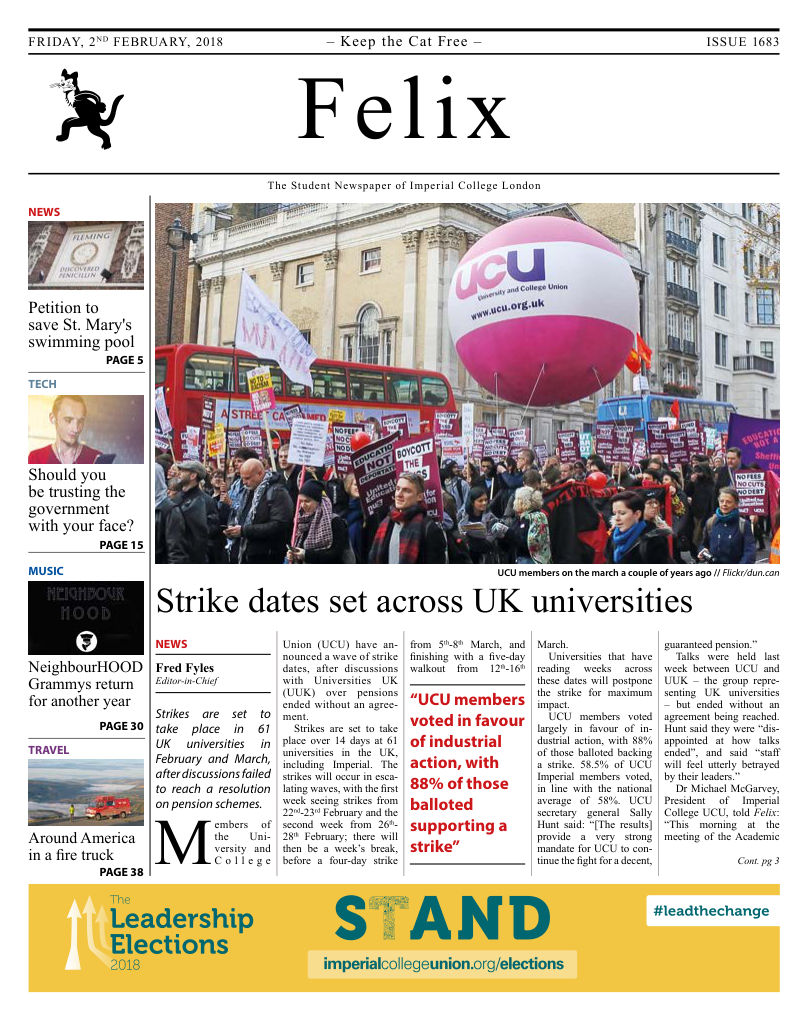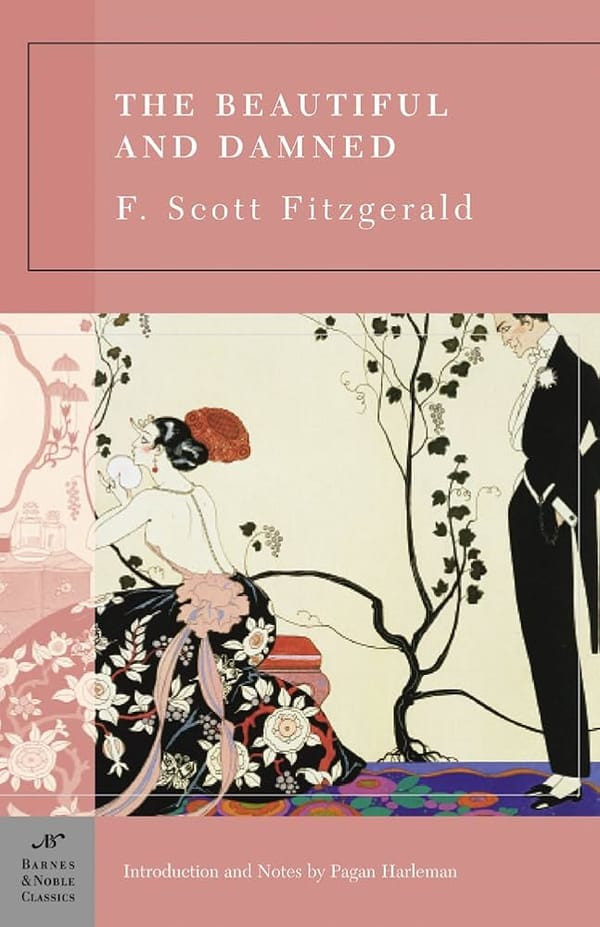Nominations open in Union Leadership Elections
Nominations for this year's elections, which will have a reduced campaigning period, close at the end of the month.

Nominations for Imperial College Union’s Leadership Elections opened this week, with eligible students able to stand for over 400 roles, including Council Chair, Liberation and Community Officers, and CSP Committee positions. This year’s elections see a number of changes, including reduced campaigning periods.
Seven paid sabbatical roles will also be elected: Union President, the four Officer Trustees – Deputy President (Education), Deputy President (Welfare), Deputy President (Clubs & Societies), and Deputy President (Finance & Services) – ICSMSU President, and Felix Editor.
The nomination period opened last Wednesday, and will run until midday, Monday 26th February. There will then be a week of candidate training, before candidates are revealed and voting begins on Friday 2nd March. Voting will run for a week, until Friday 9th March. A spokesperson from Imperial College Union told Felix: “In the Leadership Elections 2018, Britain’s biggest student elections, there are roles to suit every interest – our members can nominate themselves now, and take part in the country’s strongest student democracy.”
This year a number of changes may affect the election process. Last October, it was announced the President of the Graduate Students’ Union (GSU) – one of Imperial’s six Constituent Unions, representing taught and research postgraduates – would become a paid, part-time role. The role will take up two working days a week, and the GSU President will receive a stipend of £10,000. Luke McCrone, the current GSU President, told Felix at the time: “I am certain the position will be more hotly contested in future, hopefully helping to attract better quality candidates.”
This year will also see the traditional two week campaigning period – one week of campaigning before voting opened, and then a further week of campaigning while voting took place – replaced with a single week of voting and campaigning.
A spokesperson for the Union told Felix: “We’re willing to experiment as we achieve our aim of remaining Britain’s strongest student democracy. Feedback from candidates has highlighted the negative impact two full weeks of campaigning can have on their studies and wellbeing. We also wanted to try a ‘big bang’ approach, in which candidates are revealed, campaigning begins, and voting opens at the same time.’ They also cited the new week of training as providing more support for candidates.
Reaction to the new voting period has been mixed. Claudia Caravello, President of the City and Guilds College Union (CGCU), told Felix: “I think students having to spend only one week campaigning will be better for their studies and wellbeing, but it will require candidates to plan their campaigns a lot more. The campaign period will intensify, and the week will go by pretty quickly.”
Others cited concerns over the advantage it might give some students. Abhijay Sood, Academic Affairs Officer for the Royal College of Science Union (RCSU) told Felix: “By eliminating the pre-voting campaign period, the Union are denying those who are less well known on campus the change to get their names out there, and giving others an unfair advantage. The right to all students to participate in a fair election should trump that of those who find the two week period inconvenient.”
Imperial College Union will be hoping to achieve a high voter turnout, after a reduction in voters from 2016 to 2017. In the 2016 Elections, Imperial achieved the highest turnout in the country: 45.47% of eligible voters turned out, with over 60% of undergraduates voting; in last year’s elections, however, the turnout dropped more than eight points, to 36.78%, with a significant fall in turnout of taught postgraduates.
_Nominations are open until 26th February. Voting opens on 2nd March. You can nominate yourself here_










